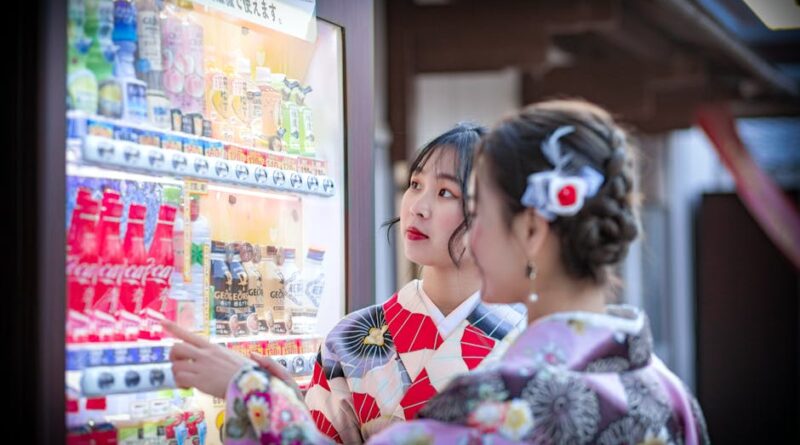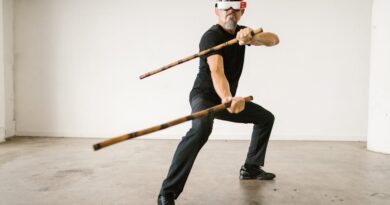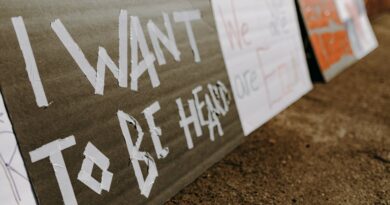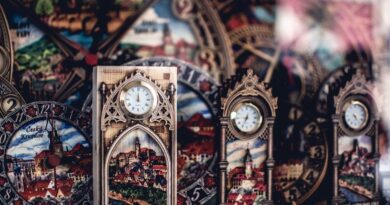The Role of Rituals in Modern Society
In a fast-paced world filled with technological advancements and rapid changes, the significance of rituals in modern society might seem diminished. However, rituals continue to play a crucial role in shaping our identities, fostering connections, and providing a sense of structure and meaning in our lives. From religious ceremonies to personal routines, rituals permeate various aspects of our daily existence, offering a sense of continuity and stability amidst the chaos of the modern world.
Understanding Rituals
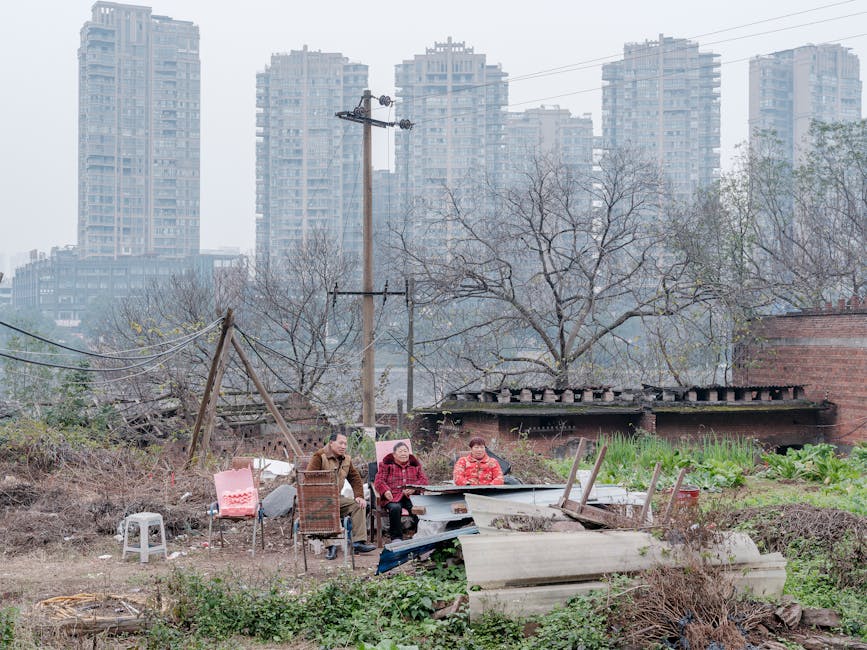
Rituals can be broadly defined as a set of actions, behaviors, or ceremonies performed in a specific order and often repeated regularly. These rituals can be religious, cultural, or personal in nature, and they serve a variety of functions in society. While some rituals have deep historical roots and are passed down through generations, others are newly created to cater to contemporary needs and desires.
One of the key characteristics of rituals is their ability to create a sense of belonging and community. By participating in shared rituals, individuals forge connections with others who share similar beliefs or values. This sense of belonging can be particularly important in a modern society where many people feel isolated and disconnected from their communities.
Rituals also provide a structure for our lives, offering a sense of predictability and order in an otherwise chaotic world. Whether it’s the daily routine of preparing a cup of coffee in the morning or the annual celebration of a religious holiday, rituals help to mark time and create a sense of continuity across different stages of life.
The Psychological Impact of Rituals
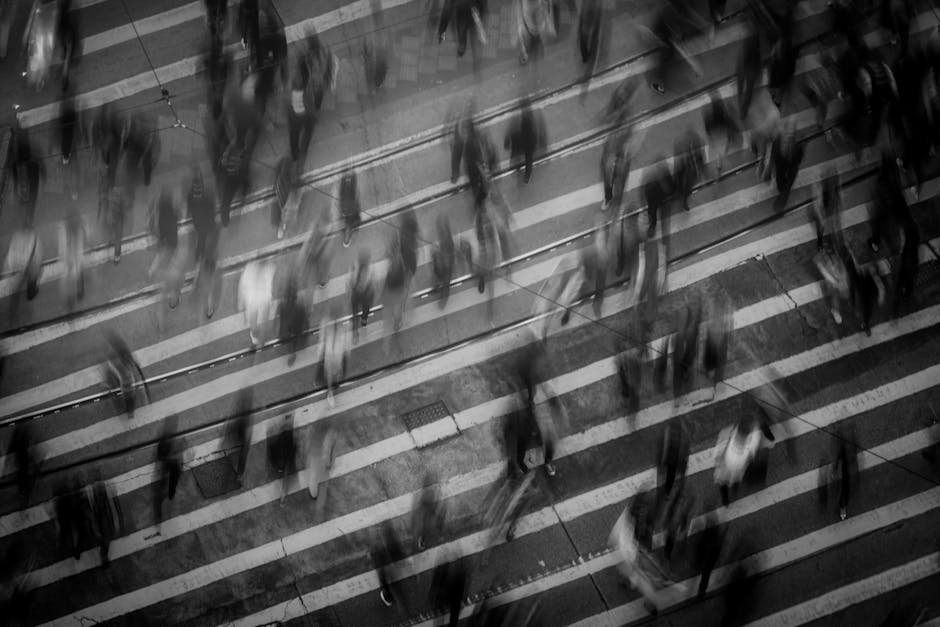
Psychological research has shown that rituals can have a profound impact on our mental and emotional well-being. Engaging in rituals has been linked to reduced anxiety, increased feelings of control, and enhanced emotional stability. This is because rituals provide a sense of structure and predictability, which can be comforting in times of uncertainty or stress.
Moreover, rituals can help to reinforce our identities and values. By participating in rituals that are meaningful to us, we reaffirm our sense of self and strengthen our connection to our beliefs and ideals. This can be particularly important in a society where individuals are constantly bombarded with conflicting messages and influences.
Furthermore, rituals can help us to cope with change and transition. Whether it’s the ritual of a graduation ceremony marking the end of one chapter and the beginning of another, or the ritual of a funeral ceremony helping us to grieve and say goodbye to a loved one, rituals provide a framework for processing and adapting to life’s ups and downs.
The Evolution of Rituals
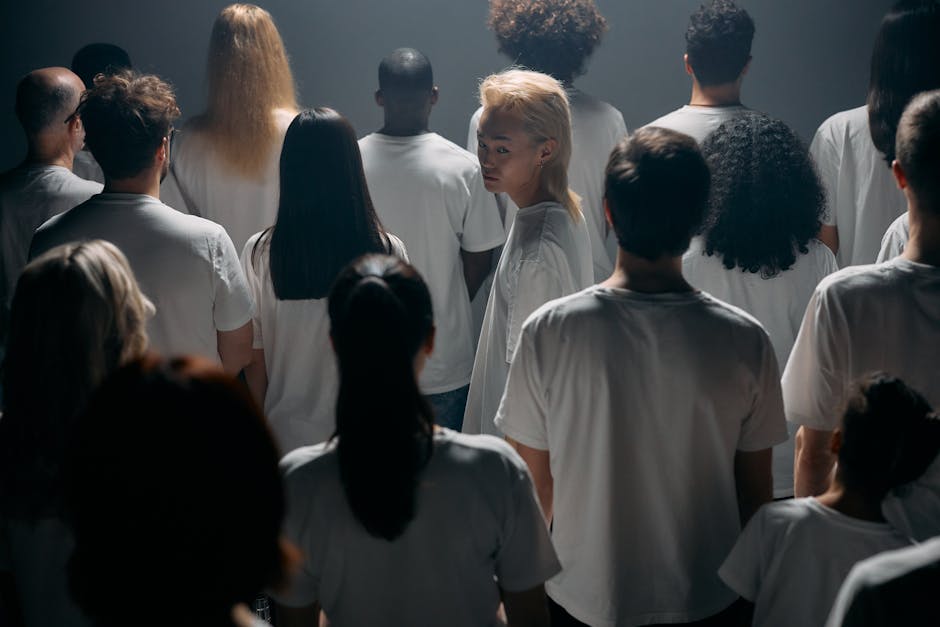
While many traditional rituals have stood the test of time, modern society has also seen the emergence of new and innovative rituals that reflect the changing needs and values of contemporary culture. For example, the rise of social media has led to the creation of online rituals such as “digital detoxes” and “unplugging” ceremonies, where individuals intentionally disconnect from their devices to focus on real-life interactions.
Similarly, the wellness movement has popularized rituals such as mindfulness practices, yoga sessions, and self-care routines that promote physical, mental, and emotional well-being. These rituals have become essential tools for many people seeking to maintain balance and harmony in their fast-paced lives.
Moreover, rituals have found their way into the workplace, with companies incorporating rituals such as team-building exercises, daily stand-up meetings, and end-of-year celebrations to foster a sense of camaraderie and cohesion among employees. These rituals help to create a positive work culture and enhance employee engagement and satisfaction.
The Role of Rituals in Religion
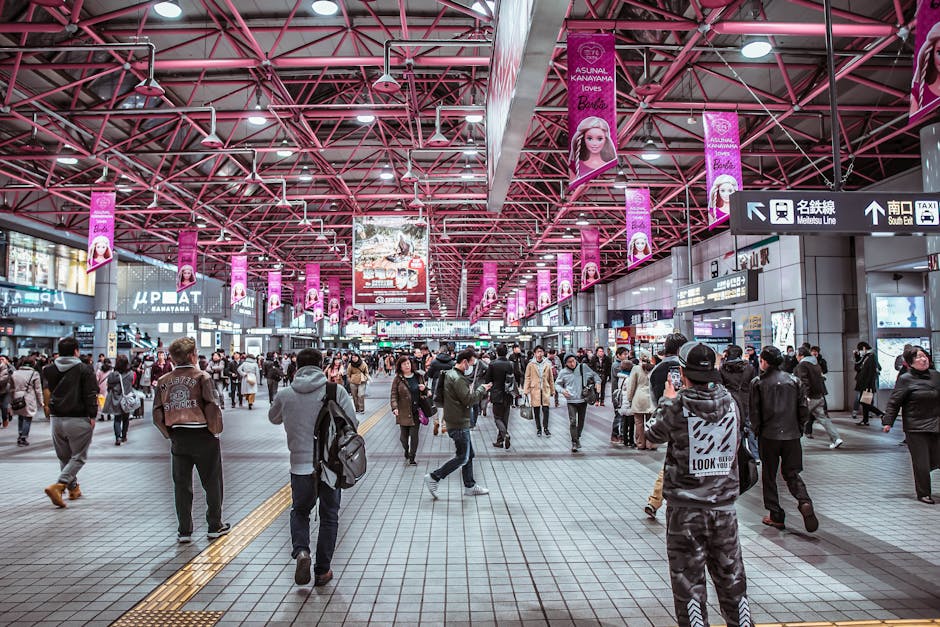
Religious rituals have long been a cornerstone of many faith traditions, serving as a means of worship, commemoration, and spiritual connection. From the rituals of baptism and communion in Christianity to the daily prayers of Islam and the elaborate ceremonies of Hinduism, religious rituals play a central role in the lives of believers.
These rituals help to create a sacred space and time for individuals to connect with the divine, seek guidance and forgiveness, and express their devotion and gratitude. Religious rituals often involve symbolic actions, gestures, and words that convey deep spiritual meanings and reflect the core beliefs and values of a particular faith tradition.
Moreover, religious rituals can also serve a social function, bringing together members of a religious community to worship, celebrate, and support one another. These rituals help to foster a sense of belonging, solidarity, and shared purpose among believers, creating a strong sense of community and fellowship.
The Controversy Surrounding Rituals
While rituals have many benefits and positive aspects, they are not without controversy. Some critics argue that rituals can be stifling, oppressive, or exclusionary, particularly when they are imposed on individuals without their consent or participation. For example, some traditional religious rituals may perpetuate harmful gender stereotypes, restrict personal freedoms, or promote discriminatory practices.
Moreover, the commercialization of rituals has raised concerns about the commodification of spirituality and the exploitation of cultural traditions for profit. From expensive wedding ceremonies to overpriced wellness retreats, rituals have become big business, leading some to question the authenticity and sincerity of these commodified experiences.
Furthermore, the increasing secularization of society has prompted debates about the relevance and legitimacy of traditional religious rituals. As more people identify as non-religious or spiritual but not religious, the role of religious rituals in modern society is being called into question, with some arguing for a more inclusive and flexible approach to ritual practice.
Common Misconceptions
One common misconception about rituals is that they are purely symbolic or meaningless gestures with no practical value. In reality, rituals can have tangible benefits for individuals and communities, such as reducing stress, promoting social cohesion, and enhancing well-being.
Another misconception is that rituals are rigid and unchanging, bound by strict rules and traditions. While some rituals are indeed steeped in tradition and history, many rituals are adaptable and evolving, reflecting changes in culture, technology, and social norms.
It’s important to recognize that rituals are not confined to religious or ceremonial contexts. Everyday activities such as mealtime routines, bedtime rituals, and exercise regimens can also be considered rituals, as they involve repetitive actions that hold personal or cultural significance.
Conclusion
In conclusion, rituals continue to play a vital role in modern society, serving as a source of connection, meaning, and stability in our increasingly complex and fragmented world. Whether religious, cultural, or personal in nature, rituals help to ground us in our identities, foster relationships with others, and provide a sense of structure and purpose in our lives.
As we navigate the challenges and uncertainties of the modern era, the power of rituals to heal, comfort, and inspire us remains as potent as ever. By embracing rituals that are meaningful and authentic to us, we can tap into the transformative potential of these age-old practices and find solace and strength in their comforting embrace.
So, the next time you light a candle, say a prayer, or perform a familiar routine, remember the profound significance of these seemingly simple acts. In a world that is constantly changing, rituals offer us a timeless anchor, a reminder of who we are and what truly matters in life.

